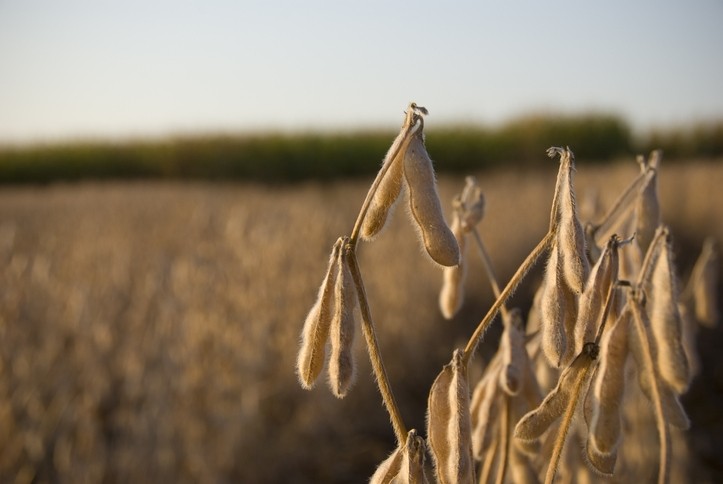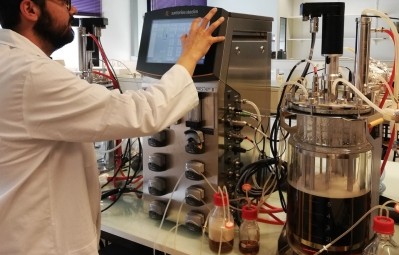Bioengineered soy boosts yield and can help meet the world’s urgent food security need, claim scientists

After more than 10 years of effort, a collaborative team involving Lancaster University scientists in the UK and led by the University of Illinois has transgenically altered soybean plants to increase the efficiency of photosynthesis, resulting in greater yields – of more than 30 per cent – without loss of quality.
Such results can’t come at a more crucial time, they said. The most recent UN report, The State of Food Security and Nutrition in the World 2022, found that in 2021 nearly 10% of the world population was hungry. According to UNICEF, by 2030, more than 660 million people are expected to face food scarcity and malnutrition. Two of the major causes of this are inefficient food supply chains and harsher growing conditions for crops due to climate change.
To address this, the RIPE (Realizing Increased Photosynthetic Efficiency) international research project was created, backed by the Bill and Melinda Gates Foundation and the British government, aiming to increase global food production by improving photosynthetic efficiency in food crops for smallholder farmers in Sub-Saharan Africa.
Improving access to food and improving the sustainability of food crops in impoverished areas are the key goals of this study, explained Amanda De Souza, RIPE project research scientist, and lead author.
“The number of people affected by food insufficiency continues to grow, and projections clearly show that there needs to be a change at the food supply level to change the trajectory,” she said. “Our research shows an effective way to contribute to food security for the people who need it most while avoiding more land being put into production. Improving photosynthesis is a major opportunity to gain the needed jump in yield potential.”
Photosynthesis, the natural process all plants use to convert sunlight into energy and yield, is a surprisingly inefficient process of over 100 steps that RIPE researchers have been working to improve for more than a decade.
In this first-of-its-kind work, recently published in Science, the group improved photosynthesis in soy beans by introducing genes from another plant and then conducted field trials to see if yield would be improved as a result.
The bioengineered soybean plants improved soybean seed yield by up to 33% in field trials, the researchers reported.
“Despite higher yield, seed protein content was unchanged,” explained RIPE Director professor Stephen Long, also Distinguished Professor in Crop Sciences at Lancaster University. “This suggests some of the extra energy gained from improved photosynthesis was likely diverted to the nitrogen-fixing bacteria in the plant’s nodules.”
“Having now shown very substantial yield increases in both tobacco and soybean, two very different crops, suggests this has universal applicability,” said Long. “Our study shows that realising yield improvements is strongly affected by the environment. It is critical to determine the repeatability of this result across environments and further improvements to ensure the environmental stability of the gain.”
Long said the research will pave the way for more discoveries in this area. “This has been a road of more than a quarter century for me personally. Starting first with a theoretical analysis of theoretical efficiency of crop photosynthesis, simulation of the complete process by high-performance computation, followed by application of optimisation routines that indicated several bottlenecks in the process in our crops. Funding support over the past ten years has now allowed us to engineer alleviation of some of these indicated bottlenecks and test the products at field scale. After years of trial and tribulation, it is wonderfully rewarding to see such a spectacular result for the team.”
Additional field tests of these transgenic soybean plants are being conducted this year, with results expected in early 2023.
“The major impact of this work is to open the roads for showing that we can bioengineer photosynthesis and improve yields to increase food production in major crops,” said De Souza. “It is the beginning of the confirmation that the ideas ingrained by the RIPE project are a successful means to improve yield in major food crops.”
Reference
Accelerating photoprotection recovery in soybean plants boosts crop yield
Science
DOI: 10.1126/science.adc9831

















